OnePlus 6T review: a fast and stylish Android phone
Read T3's official OnePlus 6T review now to see if it's an upgrade worthy of your attention now

The OnePlus 6T is a better phone than the OnePlus 6, but not by enough I wager to warrant OnePlus 6 owners to consider the upgrade essential. For all other users it's a fast, well-equipped Android phone that sits at the top of the mid-range market. But with the entry-level phone market offering competitive experiences that retail for half the price, and the premium level pulling away rapidly in terms of high-end features, it feels like a very safe play.
-
+
Very fast
-
+
On trend in-screen fingerprint reader
-
+
Optic AMOLED screen is big and has a small notch
-
+
Android 9.0 Pie out of the box
-
+
Comprehensive in-box package of accessories
-
-
Battery capacity remains good not great
-
-
Camera system has not moved on much from the OnePlus 6
-
-
Still no wireless charging functionality
-
-
Water resistant, but not IP67/68 certified
Why you can trust T3

OnePlus 6T specs
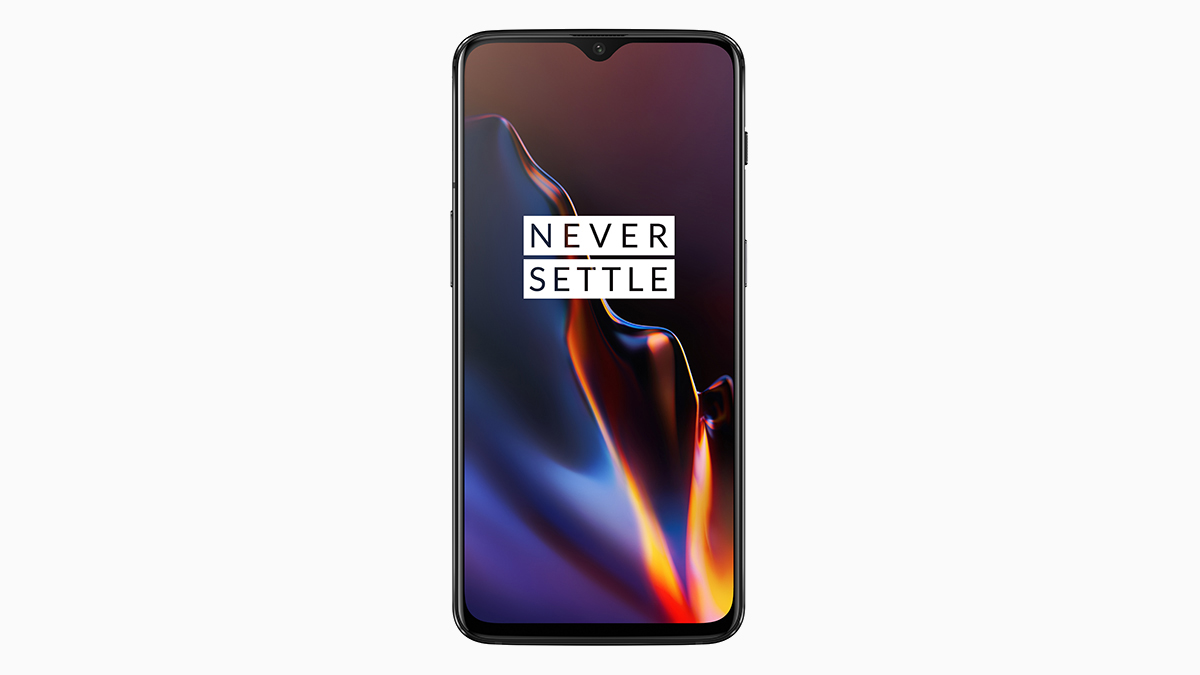
Dimensions: 157.5 x 74.8 x 8.2 mm
Weight: 185 grams
Screen: 6.41-inch, 19.5:9, Optic AMOLED, 2,340 x 1,080
CPU: Qualcomm Snapdragon 845 (octa-core, 1nm, 2.8GHz)
GPU: Adreno 630
RAM: 8GB
Storage: 128GB
Rear cameras: 16MP (OIS, EIS, f/1.7) / 20MP (f/1.7)
Front camera: 16MP (EIS, f/2.0)
Battery: 3,700 mAh
OS: Android 9.0 Pie
UI: OxygenOS
Is the OnePlus 6T still an option smartphone users should consider in 2020? Absolutely. It is a fast and feature-packed phone that Android users will love. It is also now significantly cheaper than it was at launch, making it a great budget buy.
I rather liked the OnePlus 6 on review, with me praising its "absolutely atomic" speed, and "benchmark scores that absolutely smoke rival flagships".
Fast forward almost six months and OnePlus has returned with its usual mid-year update of the device in the form of the OnePlus 6T.
In 2017 the OnePlus 5T proved to be far from a cash-in, delivering a notably enhanced package than the OnePlus 5 offered, and quickly became known as the mid-range smartphone to beat. Indeed, to this day it sits proudly in T3's best cheap phones guide.
As such, going into this OnePlus 6T review I had high hopes for a quality device, although I was also very aware that the smartphone market is, despite it being only a year later, a noticeably different environment.
- OnePlus 8 Pro review: the complete package
- Best phones
- Best cheap phones
Could the OnePlus 6T continue the take down Android flagships with a combination of insane speed and unbeatable value for money?
As we will see, the answer to this question is significantly more yes than no, however it isn't clear cut, so I would advise you to read on through the full OnePlus 6T review to get my full, nuanced opinion.
Before we get to the OnePlus 6T review proper, though, you should take a moment to watch the official launch trailer for the handset, as it quickly summates its highlight hardware and features.
OnePlus 6T review: official launch video
OnePlus 6T review: price, models and availability
OnePlus 6T review: what's in the box
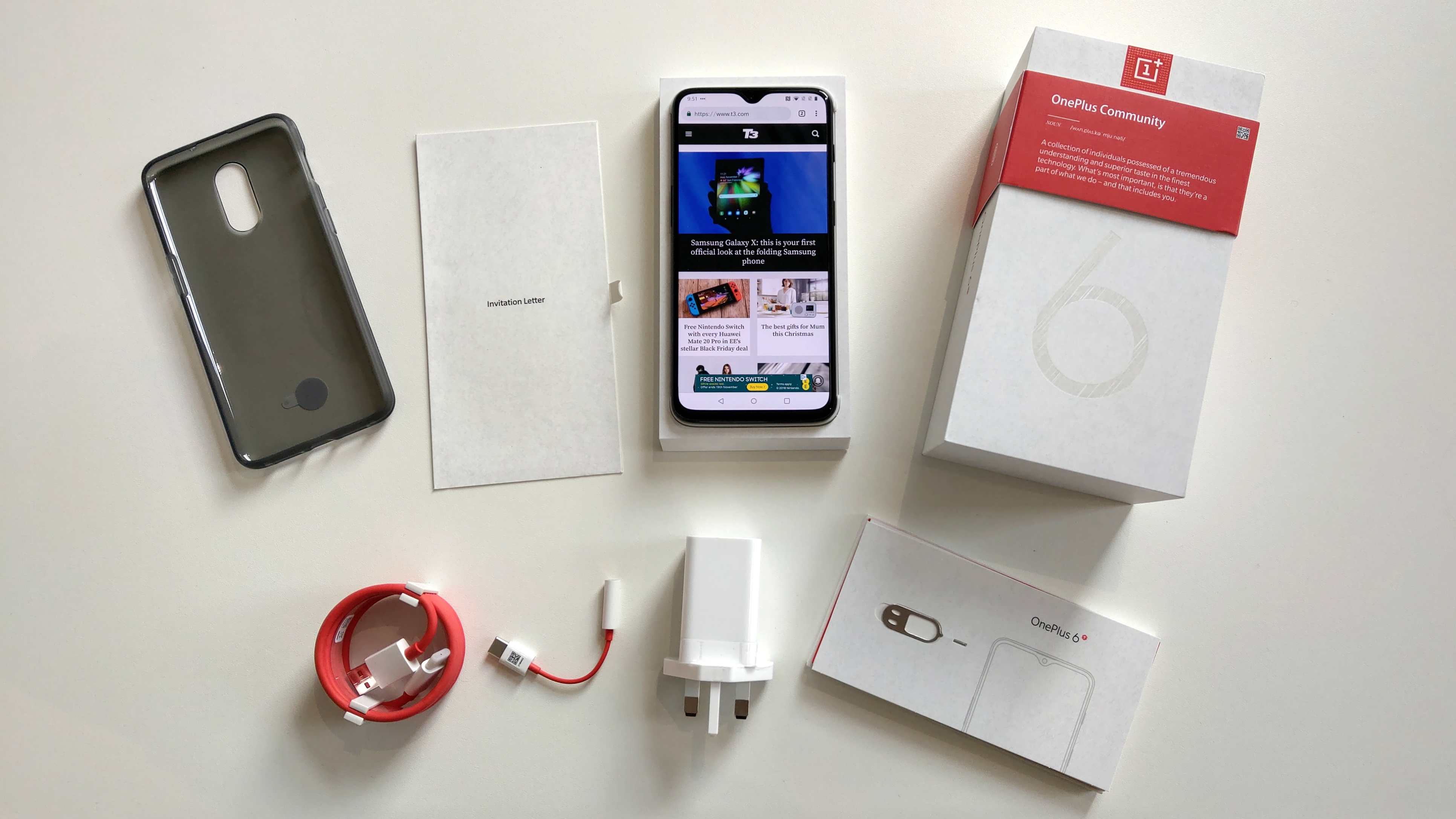
The OnePlus 6T comes with a fantastic in-the-box package.
In the OnePlus 6T box you get a USB Type-C to 3.5mm Audio adaptor (as the 3.5mm audio jack has been removed), a pre-applied screen protector, see-through phone case, a fast charge USB Type-C cable and power adaptor, and a SIM tray ejector. You do not get a pair of those cheap wired headphones in the box (because, you know, they're awful and nobody who actually enjoys music uses them).
I was impressed with the package you get in the OnePlus 6T box
Overall I was impressed with the all-round package you get in the OnePlus 6T box. In a world where certain companies (cough, Apple, cough) ask an extra £9 for a headphone jack adapter, or over £20 for a basically mandatory case, what OnePlus does it very refreshing.
OnePlus 6T review: design and build quality
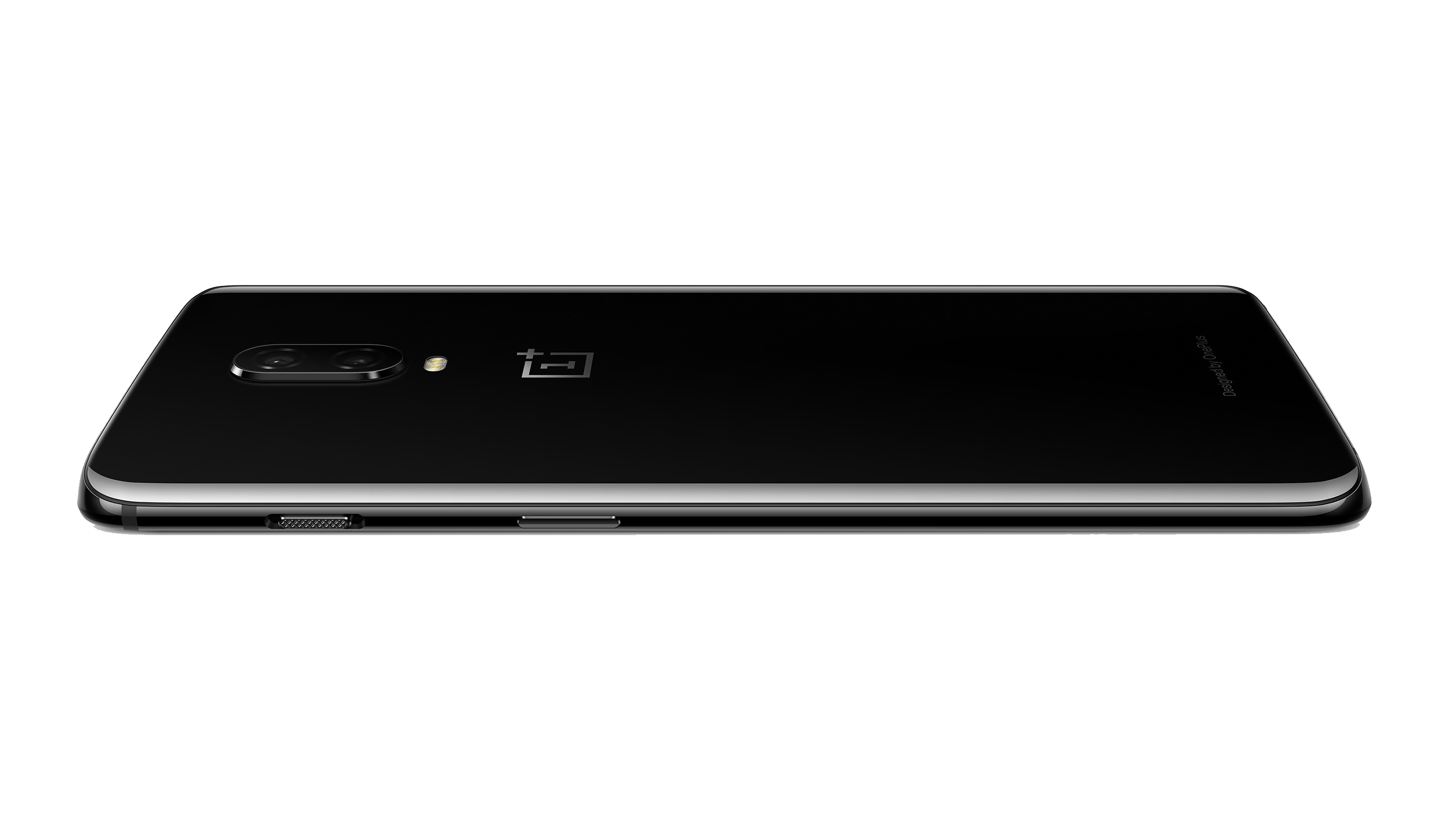
OnePlus' determination to be the Apple of the Android smartphone world is none more evident than in its approach to the design of its devices, which simple ooze style and class.
This starts with the packaging of the device itself and continues unabated in the OnePlus 6T into its 3D Glass covering (Gorilla Glass 6, no less), smart-arc backing and horizon line, as well as cool-to-the-touch, smoothly curved frame.
I can confirm that the OnePlus 6T remains just as good looking as the OnePlus 6, and ergonomically it is one of the stronger devices I've tested this year (although, of course, this is lost if a case is used).
In terms of dimensions and weight, the OnePlus 6T measures in at 157.5x74.8x8.2mm and weighs 185 grams, making it heavier and fractionally thicker than the OnePlus 6, which measures in at 155.7 x 75.4 x 7.75 mm and weighs 177 grams.
As you would expect with such small differences, I could not feel the difference in the hand.
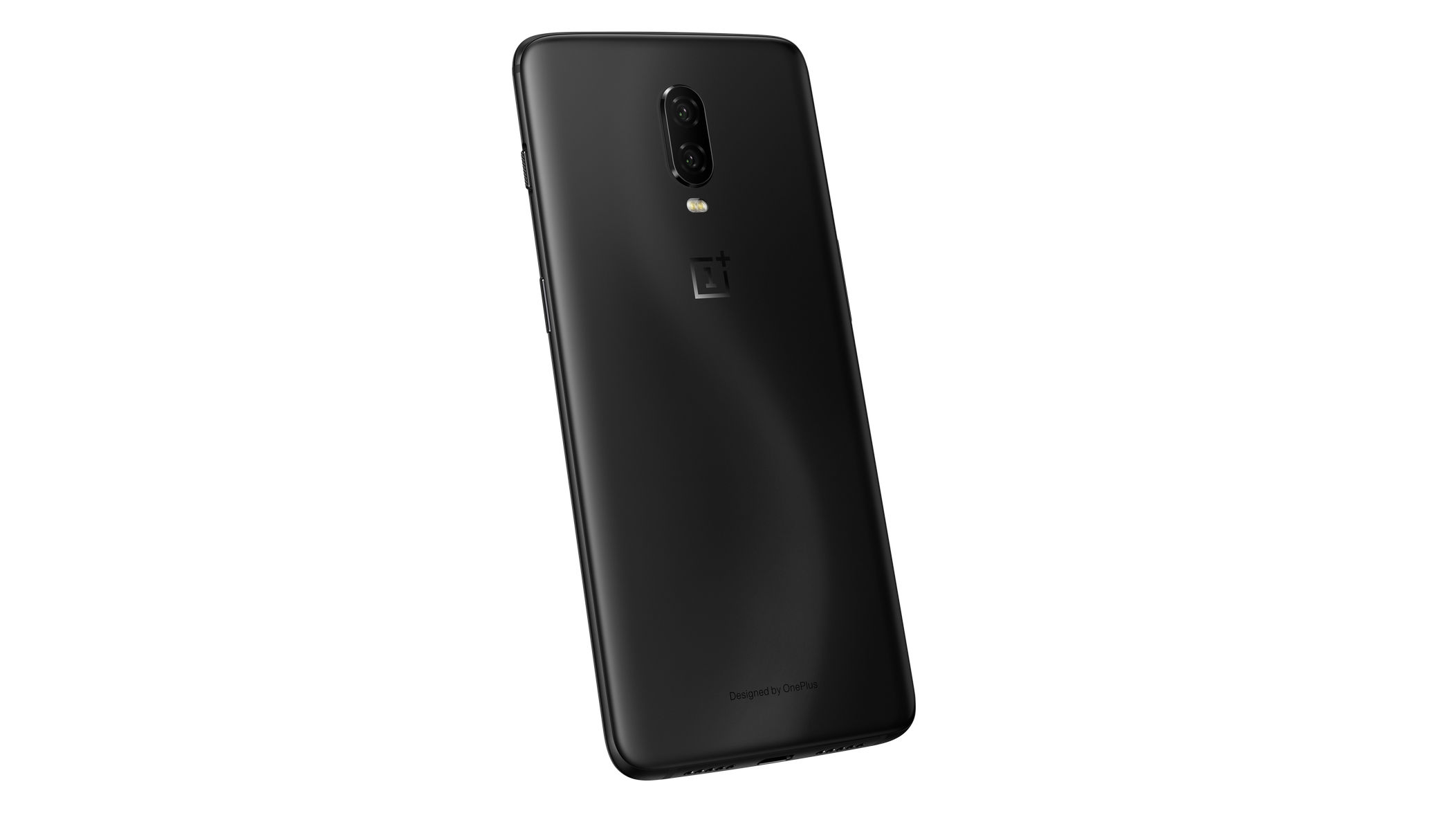
With the case off, the OnePlus 6T looks sleek, and especially so in the Midnight Black colourway
Notable design changes from the OnePlus 6 include a much smaller, tear-drop notch (I love it) and, dun dun dun, no headphone jack. Is that the issue that many have turned it into? No. Obviously not. How is this still a thing?
You simply can't have one aspect of a phone dictating everything else and actively holding back other aspects, such as battery capacity.
As OnePlus co-founder Carl Pei said, "you've got to make decisions that optimize the user experience". Oh, and this was before Pei also dropped the narrative destroying bomb that 59 per cent of all OnePlus users already own wireless headphones and, for those who don't, the company was including a USB Type-C to headphone adaptor FOR FREE in the OnePlus 6T box.
The result, in my mind at least, is a more powerful overall phone and a freeing of OnePlus to really innovate in terms design for 2019's OnePlus 7 flagship.
OnePlus 6T review: screen and hardware
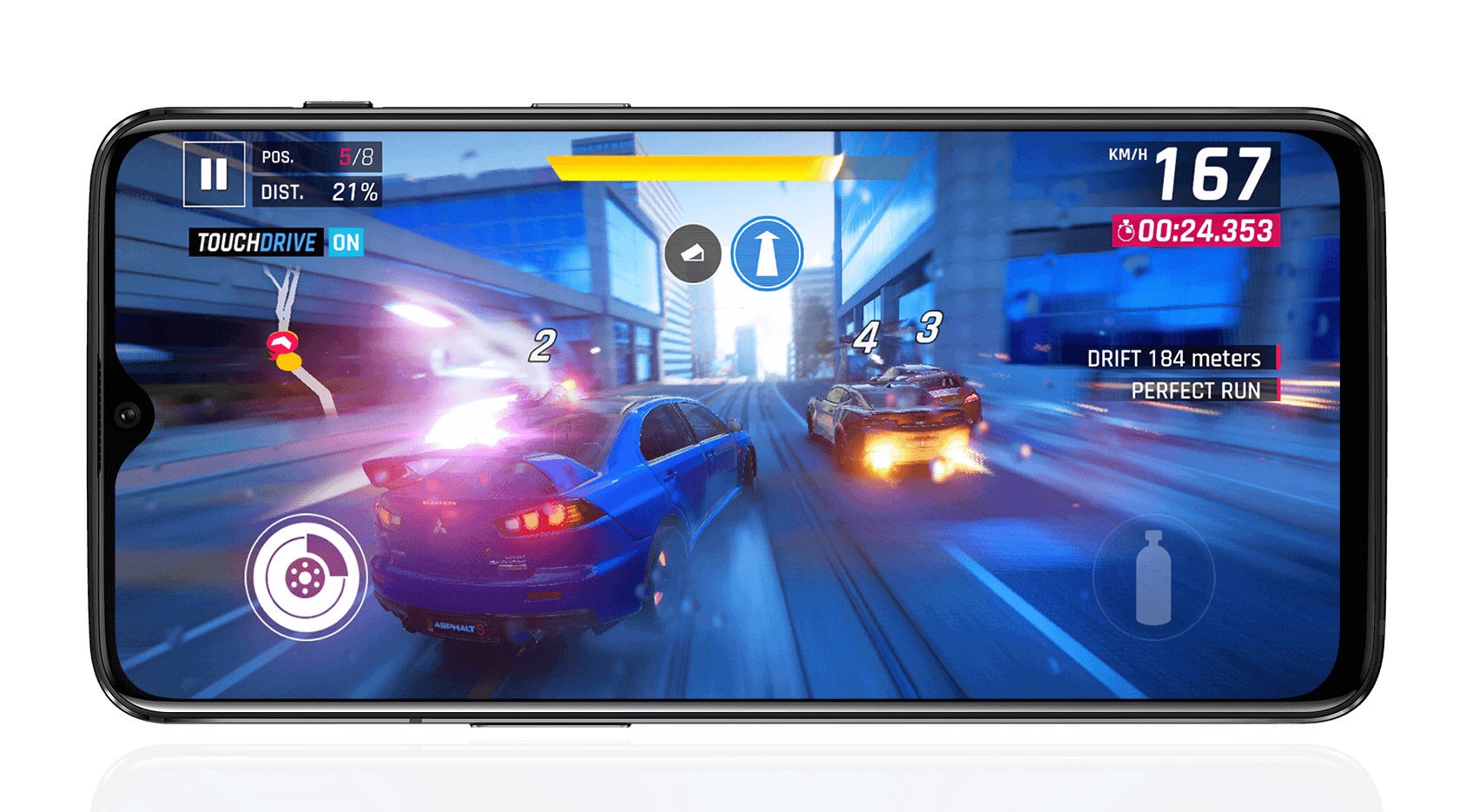
Hardware-wise the entry-level OnePlus 6T comes packing a Qualcomm Snapdragon 845 processor, 6GB of RAM, 128GB of internal storage space, and a 3,700mAh battery.
A more powerful version of the phone is also available, which comes with 8GB of RAM, which is the model I tested here.
This hardware is, simply put, very good, and it leads to a very rapid, slick experience both in the Android 9.0 Pie-backed OxygenOS, as well as in app installing, loading and running.
My usual test suite of demanding mobile games, which include DBZ Legends, Harry Potter: Hogwarts Mystery, Final Fantasy 15 Pocket Edition, and Tekken, all ran seamlessly on the OnePlus 6T. But to be honest, this is no great surprise as the identically specced OnePlus 6 I reviewed nearly six-months also handled these games perfectly.
GeekBench 4 scores: OnePlus 6T

[CPU test]
Single-core: 2,414
Multi-core: 8,997
[Compute test]
RenderScript: 13,580
[Battery score]
Battery Score Estimate: 3,563
As you can see from the nearby boxout, the OnePlus 6T also returned very strong GeekBench 4 benchmark scores. These scores are right up there with the best flagships going, and the OnePlus 6T beats many of the big-name phones here, including the Samsung Galaxy S9 and Google Pixel 3 XL.
However, it should be noted that the OnePlus 6T was still beaten here in both single-core and multi-core performance by the Kirin 980-powered Huawei Mate 20 Pro, which posted single-core and multi-core scores of 3,290 and 9,714 to the 6T's 2,414 and 8,997.
The OnePlus 6T returned very strong benchmark scores
The new, engorged 6.41-inch, 19.5:9, Optic AMOLED, 2,340 x 1,080 screen is as capacious as it sounds, and with the smaller notch, it really is a device that appears all-screen. And 86 per cent screen-to-body ratio backs this up; while the new Screen Calibration settings allows you to tinker with its output as you wish.
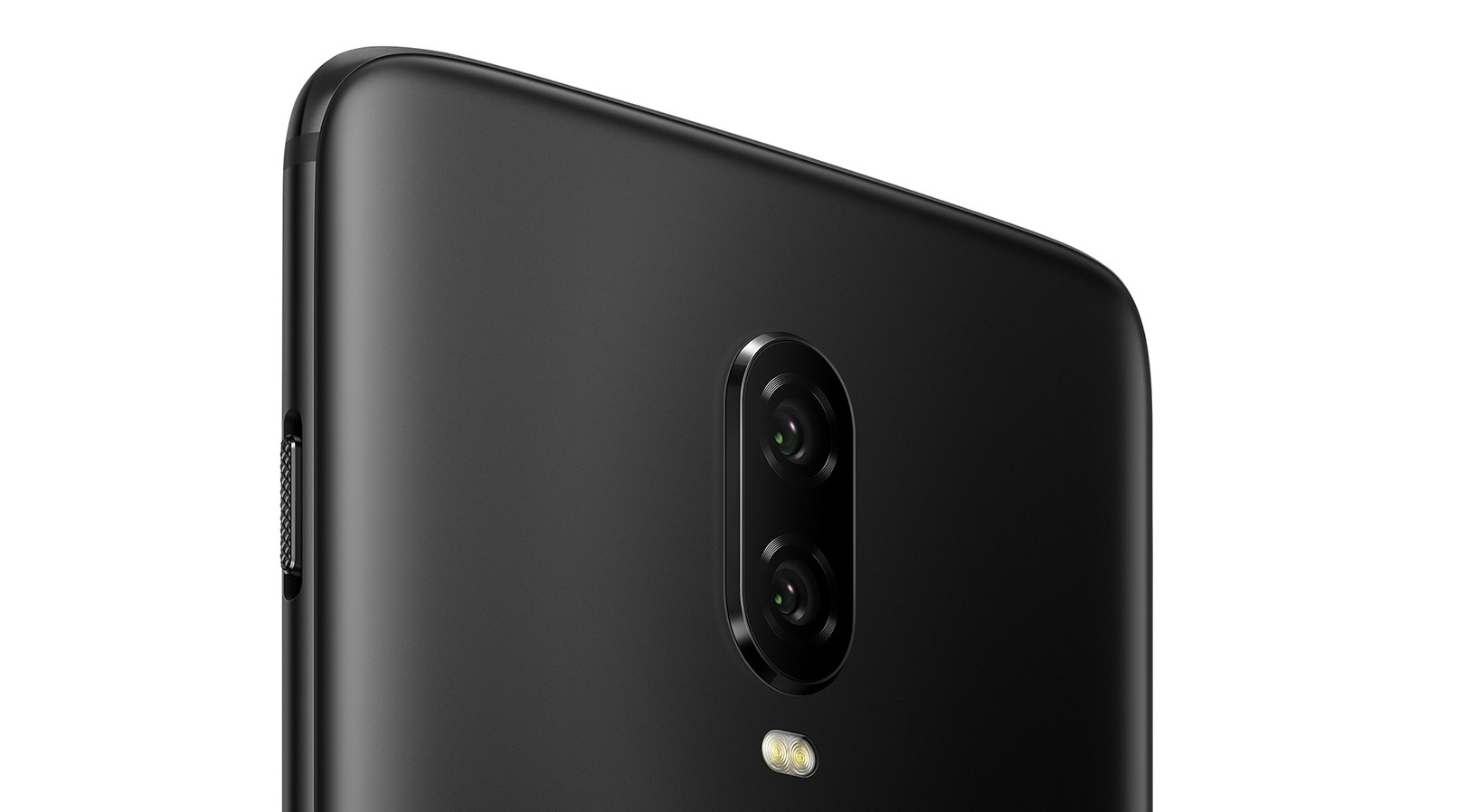
Unsurprisingly, this "Optic AMOLED" display looks to the eye very similar to the vivid HDR panel installed on the OnePlus 6, and I am confident that the majority of users will have no complaints about its ability to display content.
Have I seen overall better panels in my opinion, though? Yes, absolutely, with for my money the Sony Xperia XZ3, Samsung Galaxy Note 9, and Huawei Mate 20 Pro beating it. Naturally, though, those phones cost more.
OnePlus 6T review: camera and audio

OnePlus 6T camera samples

OnePlus 6T camera samples

OnePlus 6T camera samples

OnePlus 6T camera samples

OnePlus 6T camera samples

OnePlus 6T camera samples

OnePlus 6T camera samples

OnePlus 6T camera samples

OnePlus 6T camera samples
One of the biggest issues I had with the OnePlus 6 was its camera performance, with unit beaten on and off paper by rival devices (at the time these were the Sony Xperia XZ2 and Samsung Galaxy S9) in terms of low-light performance and definition in flat-light environments.
Since then, a trilogy of new flagship devices loaded with superb new camera systems have hit the market, too (we're looking at you Google Pixel 3 XL, Samsung Galaxy Note 9, and Huawei Mate 20 Pro), so I approached the OnePlus 6T with high hopes that OnePlus had moved its camera offering on significantly to compete.
The results, unfortunately, fall short of what I wanted to see.
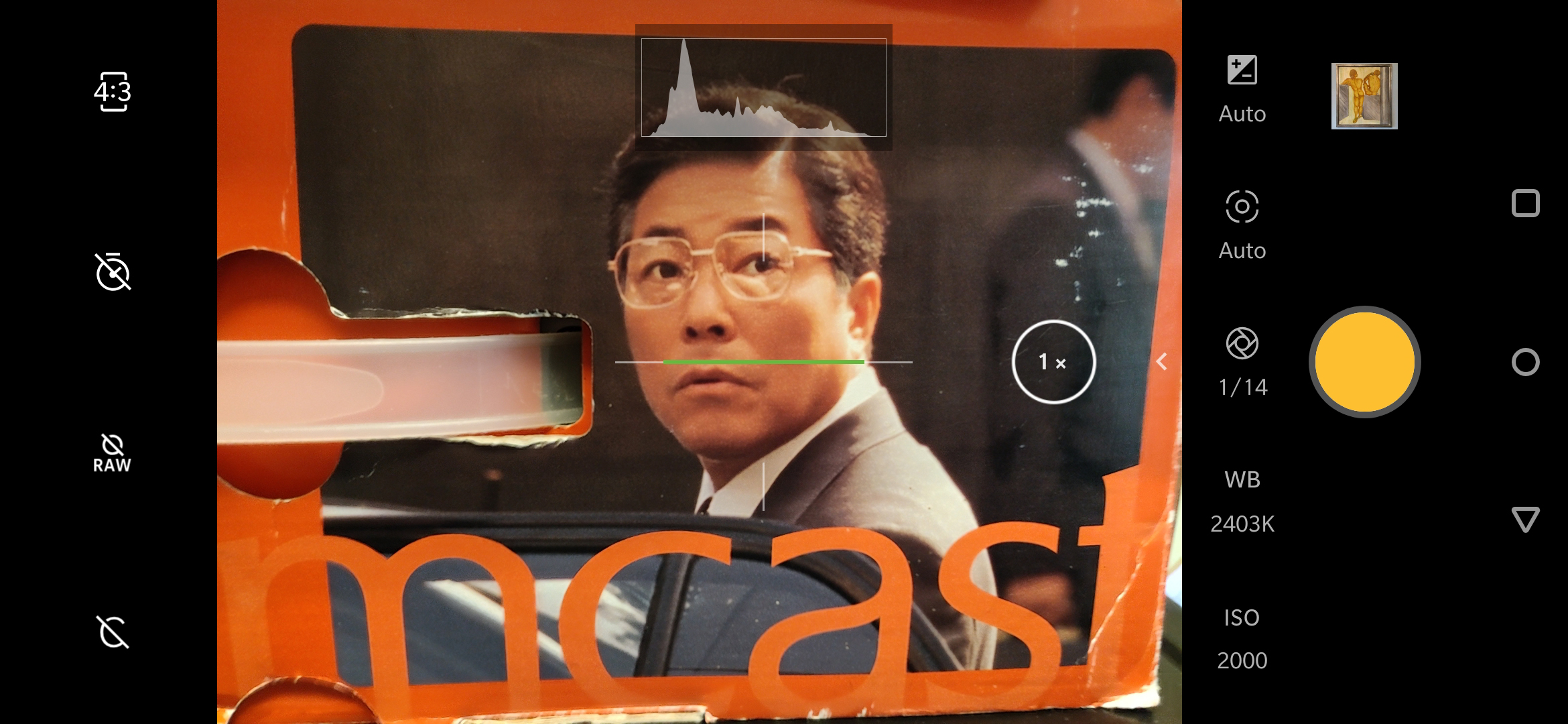
Pro shooting mode delivers enhanced levels of control over each shot.
In terms of hardware the OnePlus 6 came equipped with a dual 16MP f/1.7 and 20MP f/1.7 rear camera setup, and a 16MP f/2.0 front selfie camera.
And, the OnePlus 6T comes with a dual 16MP f/1.7 and 20MP f/1.7 rear camera setup, and a 16MP f/2.0 front selfie camera. Yep, it's the exact same setup.
So what's different? OnePlus says that it has loaded the 6T's camera system with a new algorithm that is not only professionally tuned, but automatically "adjusts the front and rear camera to capture high-quality photos of commonly photographed images including faces, text, food, and night scenes."

Low-light and night time performance remains good but not best in class.
Naturally, with the core hardware remaining unchanged, I attempted to put this claim to the test while shooting with the phone.
As you can see from the above gallery and images below, results in my opinion, were once more mixed, with the 6T returning good but nowhere near best-in-class image quality across the board.
Colour capture and vibrancy remains very good, and from my testing I do believe that the new algorithm does indeed help return better shots (the pirogi and salad meal, for example, was captured very well, and the below portrait was an improvement over the standard 6).

Portrait mode seems improved slightly over the OnePlus 6, noticeably in terms of subtlety of bokeh, but it is beaten elsewhere by devices such as the LG G7 ThinQ, Apple iPhone XS, and Huawei Mate 20 Pro.
However, I would definitely say that the small tweaks made to the 6T camera are very much optimising a system that was already beaten on the OnePlus 6, and now six months later feels dated when compared to what many rival flagship makers are offering.
Yes, sure, if you're not used to using the best on offer today then the discrepancies between the available systems will be an unknown point for you and, yest, if you aren't in to photography then again you'll probably not be so bothered.
And, yes, I also realise that the phones with better camera systems that beat the 6T do cost more. But, equally, I've tested phones that cost half what the OnePlus 6T retails for that deliver, in my opinion, a very similar photo-taking experience, so I feel that price point argument is pretty moot.

1x and 2x levels of zoom shown off on the OnePlus 6T.
Regardless of its technical limitations, though, the one thing I will say that remains a stronger point for the OnePlus 6T camera system is the broad array of shooting modes and menu options to tinker with.
Google Lens is also built-in and can be enabled if you wish, and from my testing (see below images of The Book of Five Rings) worked consistently.
The ability to shoot in 4K at 60fps, as well as Super Slow Motion at 1080p are also most welcome, and help deliver a system that while not the best you can buy in terms of output quality, is at least very versatile.
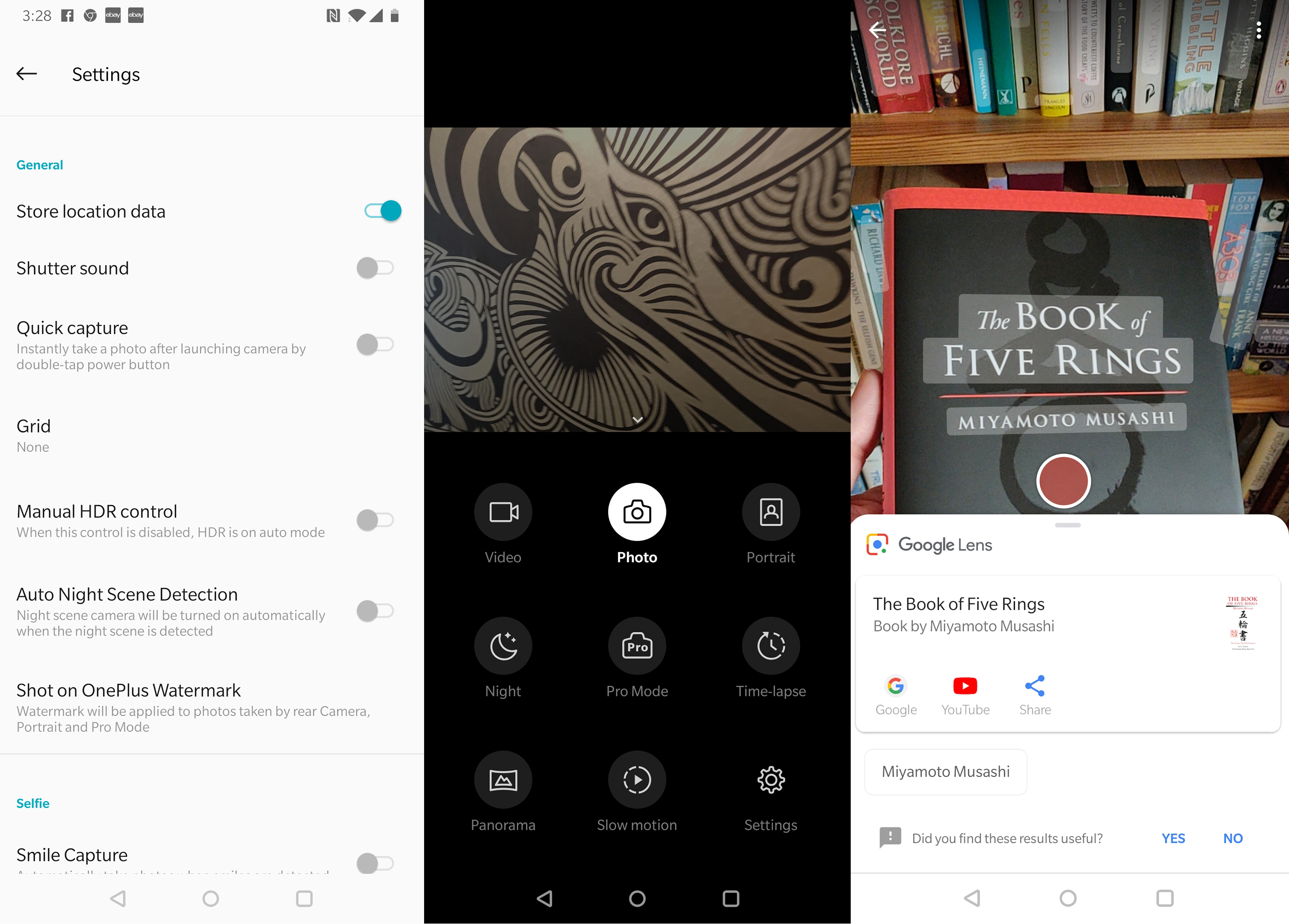
Look, the OnePlus 6T is a perfectly capable camera system, but for a phone that firstly rules over the mid-range in terms of most other aspects with such an iron first, and secondly offered a near identical package six months ago, I feel it leaves things to be desired.
I hope this is an area that OnePlus really goes to town on for 2019's OnePlus 7.
OnePlus 6T review: battery and software
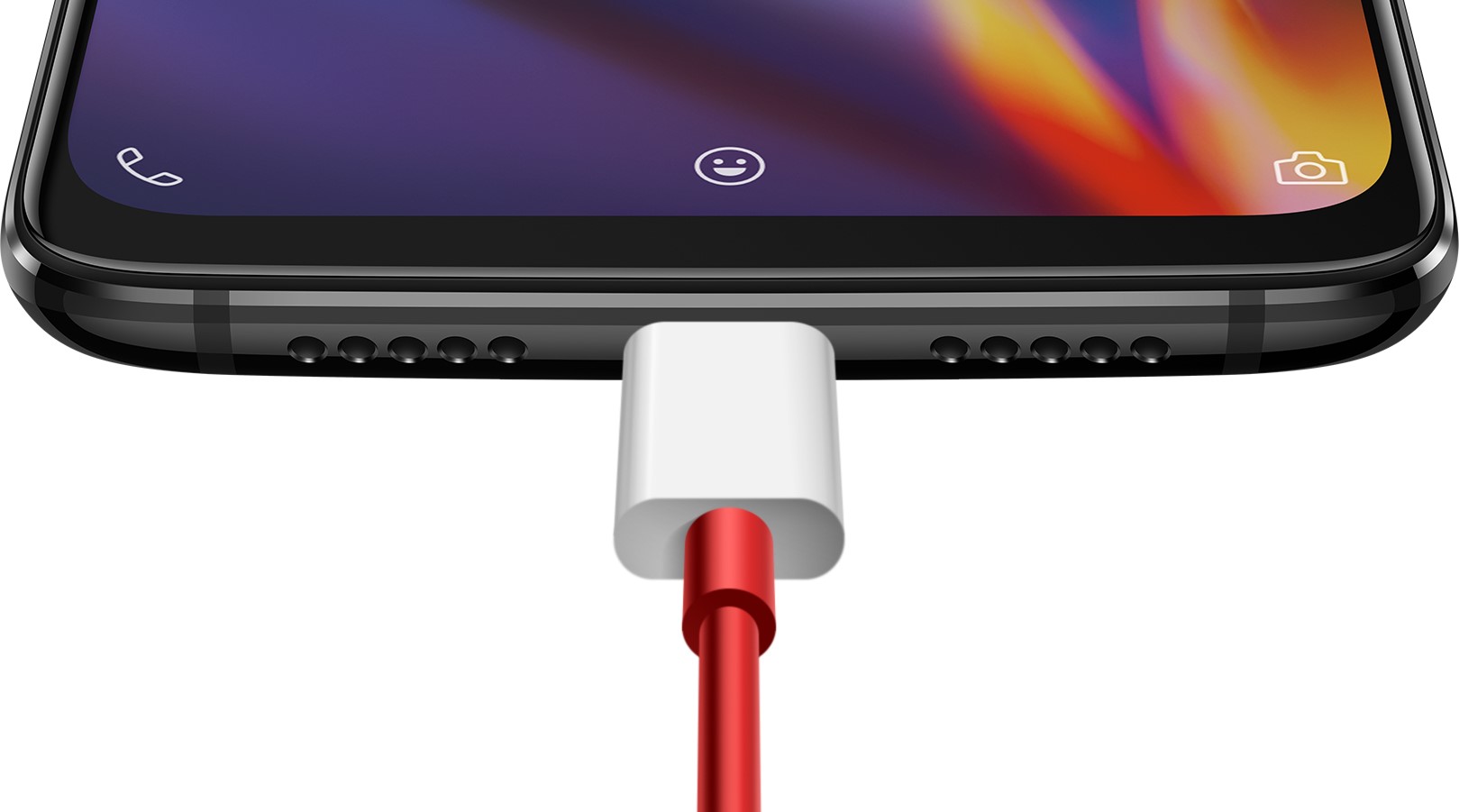
As you can see from the above boxout, the OnePlus 6T returned average battery benchmark scores in GeekBench 4, which did not do much to convince me that OnePlus had addressed one of my issues when reviewing the OnePlus 6 - the ability for the phone to continue to deliver a day to a day and half's usage in a year from now.
In the OnePlus 6 review I said that, "I do wonder if the battery has the legs to continue powering these demanding experiences on such a well-endowed, large form-factor device, while also maintaining a north of a day usage period, in a year or so."
And, from my experience testing the 6T, and from looking at its benchmark scores, I do feel this slightly bigger capacity but bigger screen phone could have the same short-comings.
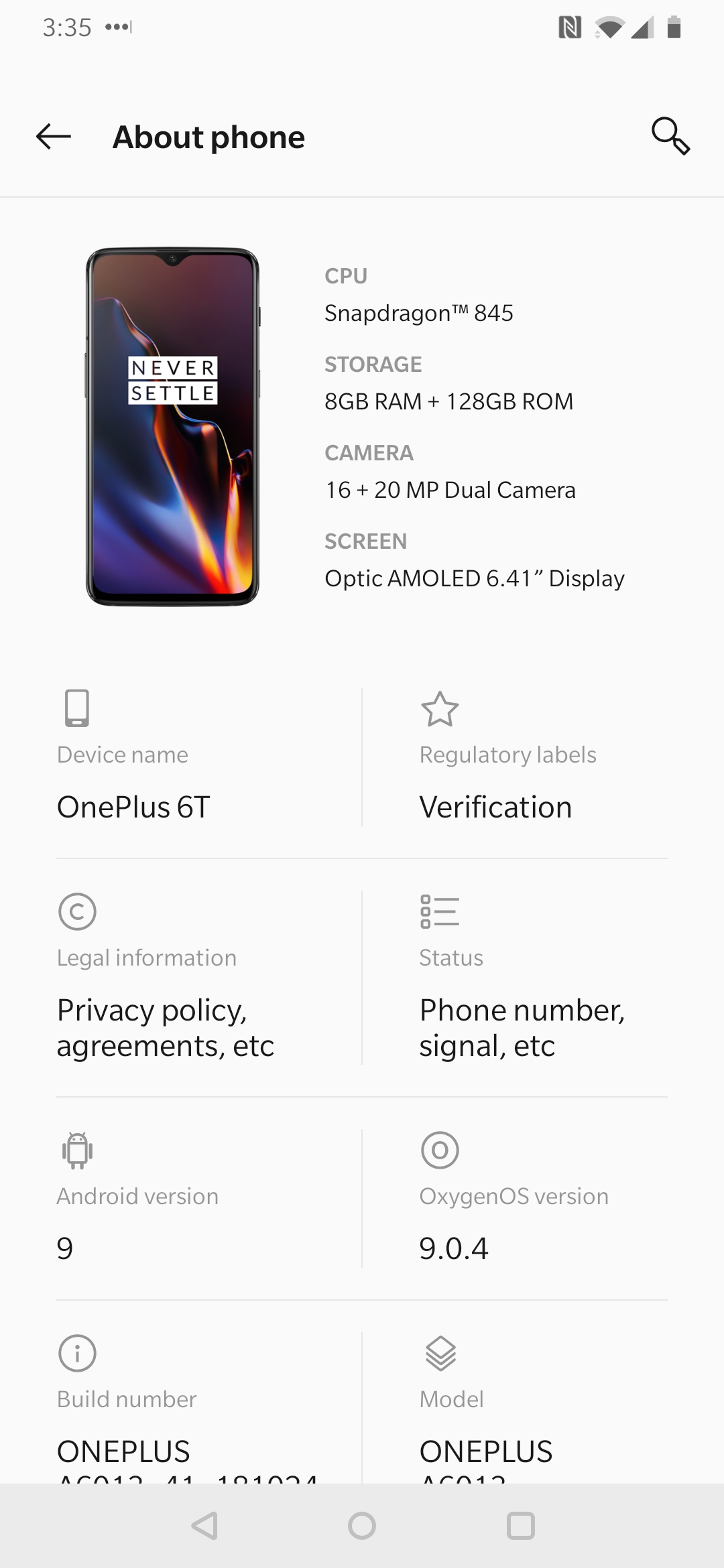
3,700mAh is very standard now in terms of capacity for a flagship mobile, and when you compare it to the 4,000mAh unit in the Galaxy Note 9, and 4,200mAh unit in the Huawei Mate 20 Pro (which lasted me two full days repeatedly between charges), its real-world day to a day and half capabilities under medium use seem good but not great.
Also, while we're on the battery, I was still slightly disappointed to see that the OnePlus 6T, as with the OnePlus 6, does not support wireless charging.
I do realise that wireless charging is a Marmite feature for many, with some loving it and others hating it, preferring to always physically plug the device in to attain those rapid charges (which is something OnePlus has really nailed with Fast Charge tech).
The OnePlus 6T's OxygenOS runs like a cheetah on steroids
However, as a tech enthusiast, when I look at the Huawei flagship, the Mate 20 Pro, that not only supports 40W SuperCharge tech that delivers a 70 per cent charge to its 4,200mAh battery in 30 minutes, but also supports wireless charging and wireless reverse charging, too, which is an amazingly cool piece of engineering, and then compare it to the OnePlus 6, I can't help coming away a little cold.
In terms of software, I am pleased to confirm that the OnePlus 6T's OxygenOS runs like a cheetah on steroids. It also remains a very light skinning of vanilla Android 9.0 Pie, which is also decently customisable and packed with features, with Gaming Mode standing out as a no-brainer inclusion. As ever, and this is something certain makers could learn a lot from, the phone comes totally bloatware free. Bliss!
And, lastly, that in-screen fingerprint reader. It works like a charm, being easy to setup and use, with my attempts to unlock the phone working first time basically every time. As with the face unlock function, too, it is lightning fast.
OnePlus 6T review: verdict
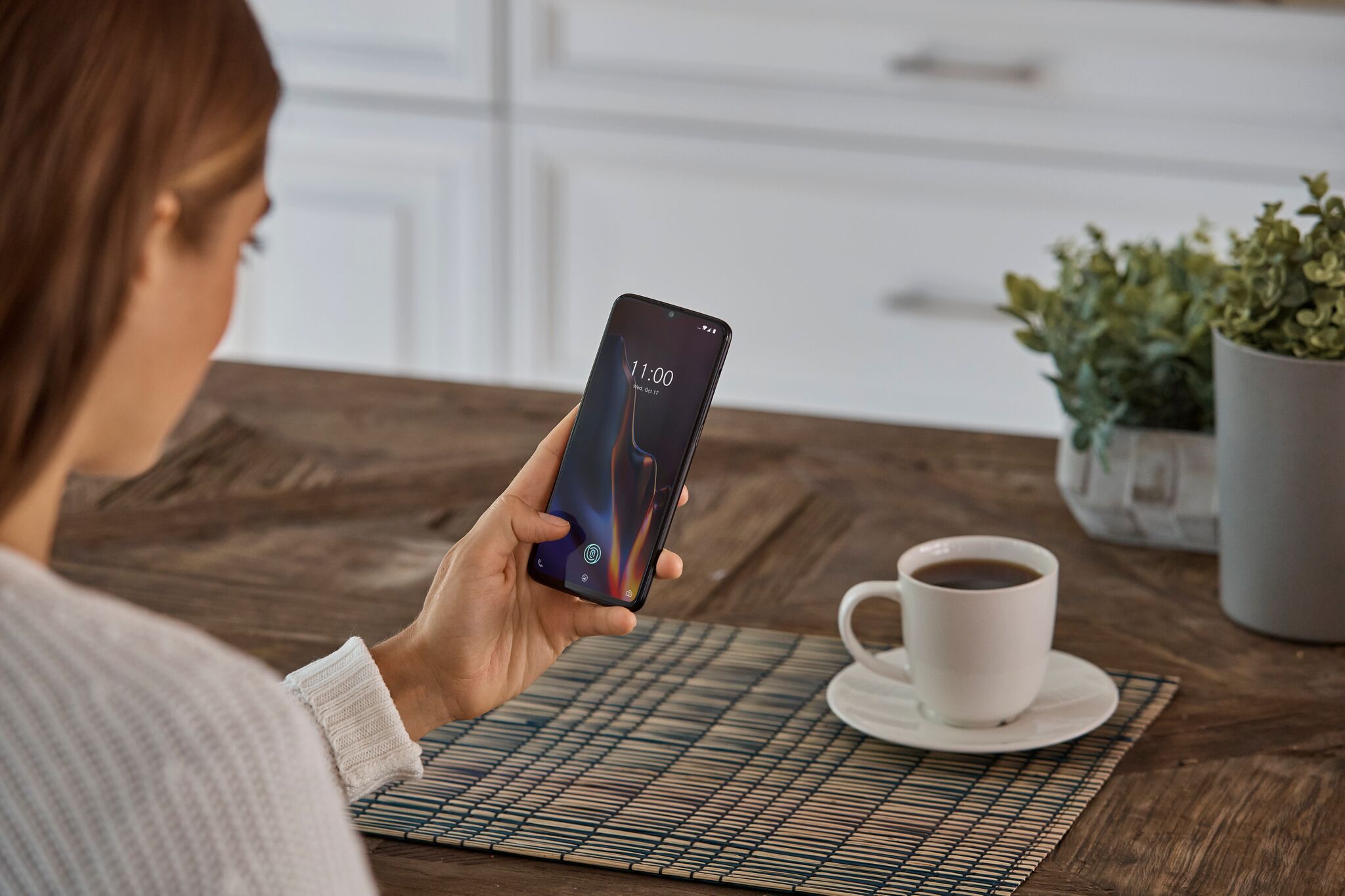
The OnePlus 6T is a quality device, but boy does it play it safe.
If my friend came up to me and said, "I want to buy a new Android phone SIM-free outright and I've got £500 to spend, what should I buy?", then I think it's fair to say that the OnePlus 6T would be the first phone that would spring to my mind.
It's very fast, with great benchmark scores, has a sleek design, with Gorilla Glass 6 protecting its smooth curves, and delivers some bang on-trend features like an in-screen fingerprint reader (which works quickly and consistently).
I'd definitely recommend the OnePlus 6T over the standard OnePlus 6, too, thanks to the new phone's increased storage space on the base model (128GB over 64GB) and its inclusion of Android 9.0 Pie out of the accessory-packed box.
However, not everyone is going to be in that isolated example position, and even if they were, I'd also ask them just what level of capability they actually need from their device, as I would vouch that they may be better served spending less or, actually, spending more.
Phones like the Honor Play and Xiaomi Mi 8, for example, don't deliver quite the experience that the OnePlus 6T does, but they get pretty damn close and do so for hundreds of pounds less and, in the case of the former, for less than half the price of the base-level OnePlus 6T.
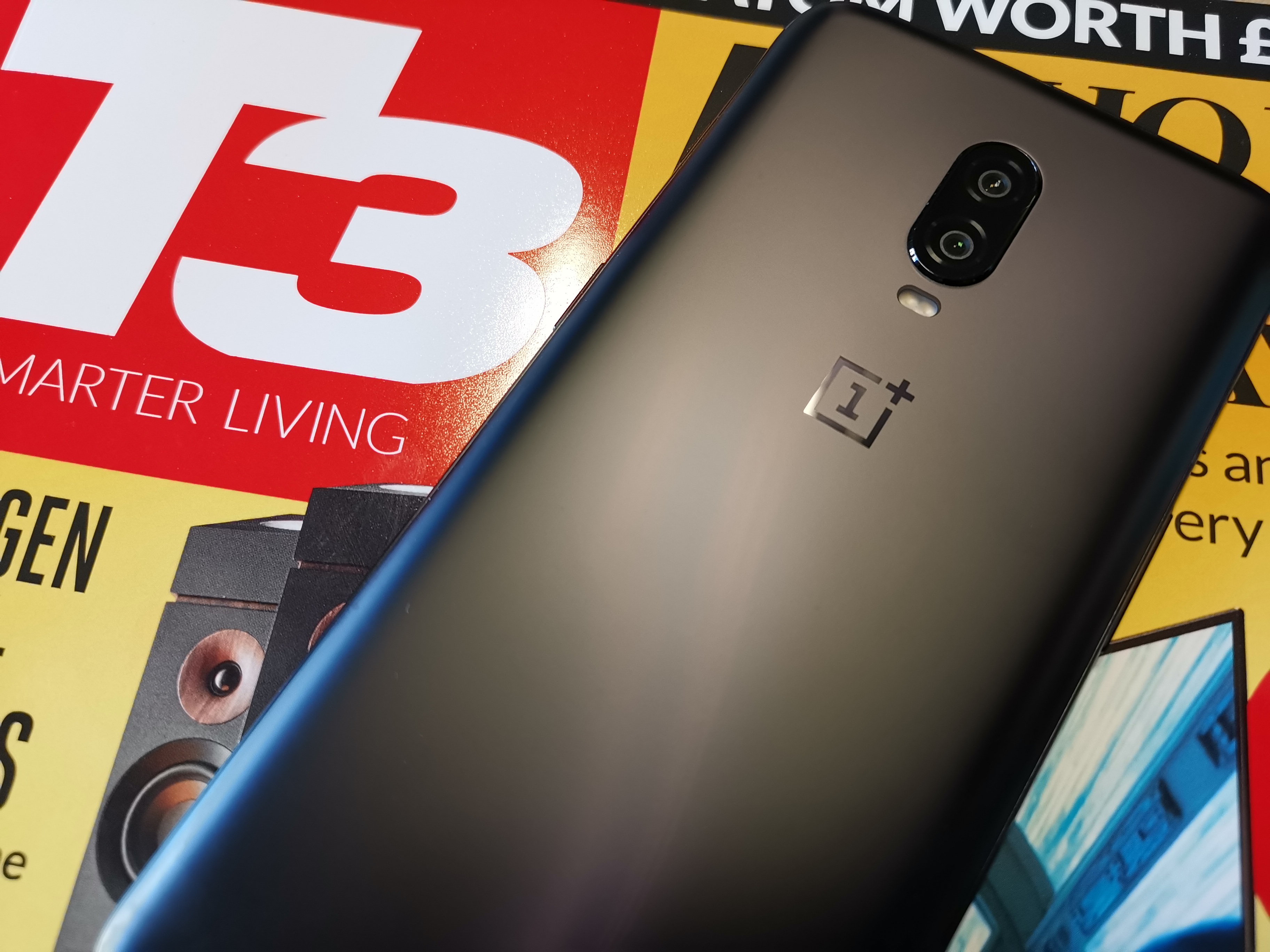
Naturally, the OnePlus 6T is perfect for consuming the quality content delivered on T3.com.
And, equally, as good as the OnePlus 6T is, it is beaten in terms of camera system, battery capacity, processor speed, and high-level features by top, top tier Android phones like the Huawei Mate 20 Pro, so if you're a user who absolutely needs that functionality then, again, you could be better served spending more now to get better longevity and value in the long term.
Now of course, OnePlus will always have its die-hard enthusiasts, and with such a good hardware package and, crucially, attractive overriding ideology backing the maker's output, that makes perfect sense. There's a reason we've been praising OnePlus' phones for years now - they've been great and OnePlus has been the, to quote T3's OnePlus 5T review, "plucky Chinese startup" to beat.
But OnePlus is no longer a startup and if it is looking to expand its user base, as hinted at by its partnership with Amazon and others this year, then I feel it could struggle to pitch its increasingly isolated mid-tier price point to those whose needs are actually best served by the blooming entry-level tier of smartphones. Or by the premium tier, who's users can get an excellent, top-table mobile experience from devices like the Huawei Mate 20 Pro and Apple iPhone XS Max.
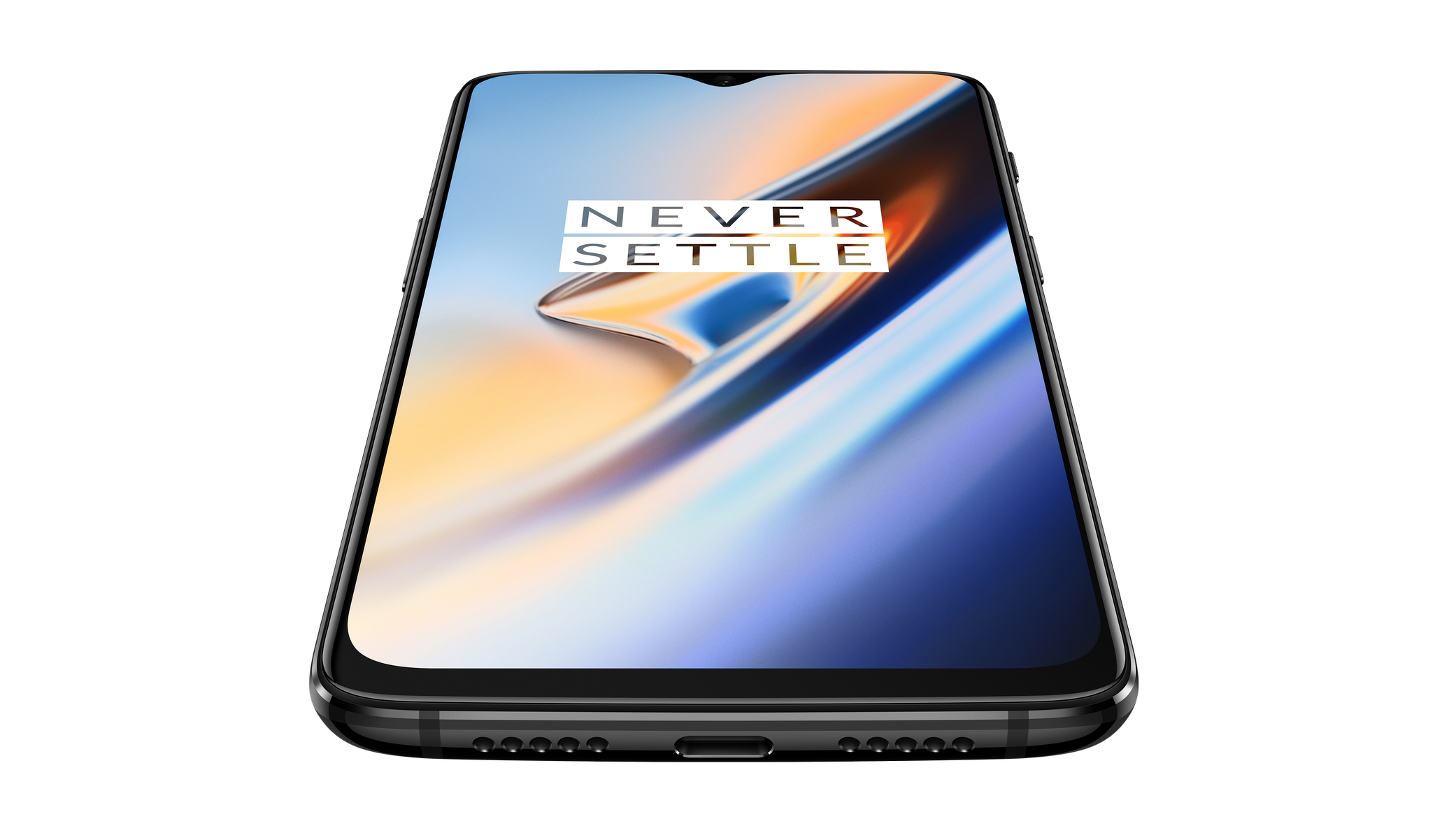
Overall, then, I come away from the OnePlus 6T with conflicted feelings. It's undoubtedly a classy phone, and one that offers a very fast and smooth core experience, but equally I'm not convinced it is a big enough jump to lure users from rival devices, nor to make OnePlus 6 owners upgrade just six months down the line at launch.
I also feel the OnePlus 6T can no longer play the value for money card as strongly, either, as while I feel it is attractively priced for the spec, there are now a selection of devices that are much cheaper than it on the market that deliver an experience that also comes quite close to it, and for many users that will be a better value proposition.
You also can't ignore that, if you can spend the money, of course, and I realise not everyone can, then you can get devices that beat it in various aspects. In my mind, the Google Pixel 3 XL, Apple iPhone XS, and Huawei Mate 20 Pro all deliver a better camera system, for example.
It seems, therefore, that the OnePlus 6T truly seems to sit bang in the middle of the market fiscally, and does so while ruling it like a king, sure… but I'm not sure that's enough anymore to make it a shut-up-and-take-my-money, unreserved recommendation. And especially not when the device shares so much common ground with its previous incarnation.
A technically impressive new flagship from OnePlus, then, but one that feels like an awfully safe play from the maker in an industry that is undergoing rapid, innovative change.
Sign up to the T3 newsletter for smarter living straight to your inbox
Get all the latest news, reviews, deals and buying guides on gorgeous tech, home and active products from the T3 experts
Rob has been writing about computing, gaming, mobile, home entertainment technology, toys (specifically Lego and board games), smart home and more for over 15 years. As the editor of PC Gamer, and former Deputy Editor for T3.com, you can find Rob's work in magazines, bookazines and online, as well as on podcasts and videos, too. Outside of his work Rob is passionate about motorbikes, skiing/snowboarding and team sports, with football and cricket his two favourites.
-
 A beginner-friendly dumbbell workout to boost strength and muscle size
A beginner-friendly dumbbell workout to boost strength and muscle sizeGet started on your strength training journey with this simple four-move workout
By Bryony Firth-Bernard Published
-
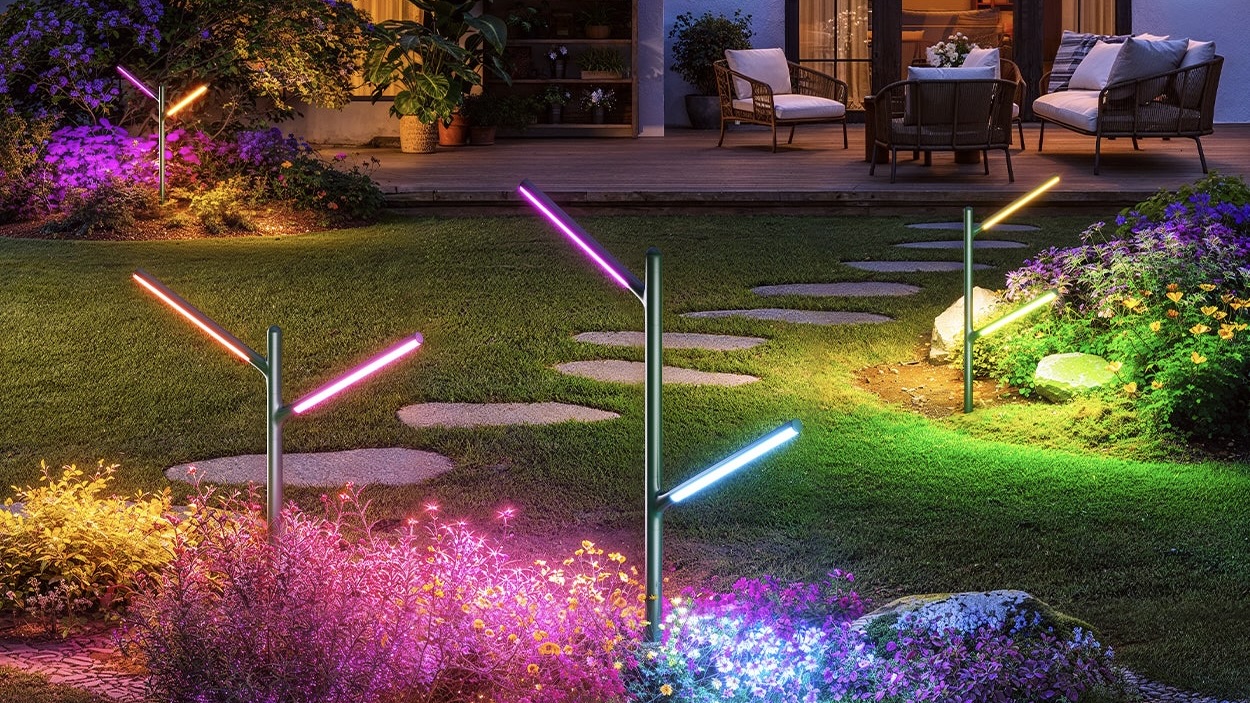 Govee's new Matter-compatible outdoor lights are here – but the design might surprise you
Govee's new Matter-compatible outdoor lights are here – but the design might surprise youWhat do you think?
By Lizzie Wilmot Published
-
 Is this the beginning of the end for double-wall tents?
Is this the beginning of the end for double-wall tents?Ultralight, ultradry, ultra… shiny? Simond’s MT900 might be the smartest tent of the season
By Matt Kollat Published